Why do we go into the wilderness to do therapy and create rites of passage? Because the wilderness has a way of taking us to the edge of our maps, just beyond our comfort zones where growth can happen. It’s there, at the edge of our map, that we find the center of our selves.
This is what John Muir meant when he said, “…for going out, I found, was really going in.”
And what Joseph Campbell meant when he described the Hero’s Journey:
“Where we had thought to travel outward, we shall come to the center of our own existence; where we had thought to be alone, we shall be with all the world.”
We find our center at the edge of our map because it’s only from the edge of our map that we have the perspective to see how small our maps really are, that we are not in control, and that we are not alone.
In his book, Renewal in the Wilderness, John Lionberger wrote, “God is most often found at the edges, in the places where our civilized niceties lose their grip and we realize, finally, that we are not in control.”
The point, however, is not to wander off the edge of Google Maps, as if the Divine was only to be found living like a mystic lunatic on the fringes of society (although, this seems to be how the Divine is most often portrayed), rather, the point is to discover and push beyond the edges of our own internal maps.
“It is when we reach our edge, when testing exposes us for what we are and reduces us to our essence, that God can teach us,” Lionberger writes.
Truly, the only way to discover new horizons is to go beyond the familiar ones.
When we map our perceptions, we usually do so by drawing lines of expectations, but expectations are barriers to possibility, limits to potential. And often enough, they’re simply wrong. We map out for ourselves landscapes of addiction, pathways for accepting abuse, and barricades on open roads. So when we want to know the truth and be free, we have to go beyond our inner maps and into the wild places, the untamed places we do not control.
Speaking openly of the Divine as he encountered it, Lionberger wrote, “If we want to be with the God who created us, rather than the God we create, we need to be in a place that reminds us of who God is, of who we are (and also of who we are not), and how much we need each other. For many, that place of encounter and transformation is the wilderness.”
When we are trapped by addictions and limiting beliefs, hurting from abuse or the chaos of life, our tendency can be to withdraw and hide away because we feel safer that way. But hiding will never set us free. Wilderness taught me that we grow souls like trees, meaning that we grow, not from a center hidden away in our comfort zone, but from our outer edges where we are pressing into the mystery of life. This is where we draw on our inner resources to discover and offer our Gift, our unique way of being in the world.
“Perhaps nature has it right,” Lionberger writes, “Offer profuse praise through the gifts we have, and just put it out there with every ounce of our sap. That’s the best we can do.”
The Divine calls to us from the mountains, and we must go, for the wilderness is our gateway to a brave and uncertain journey, the Hero’s Journey. Will you answer the call?


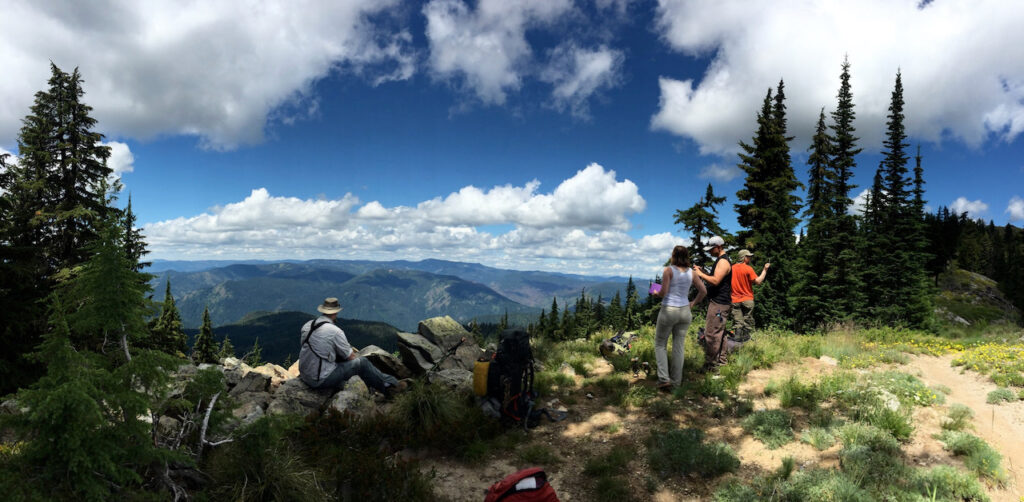
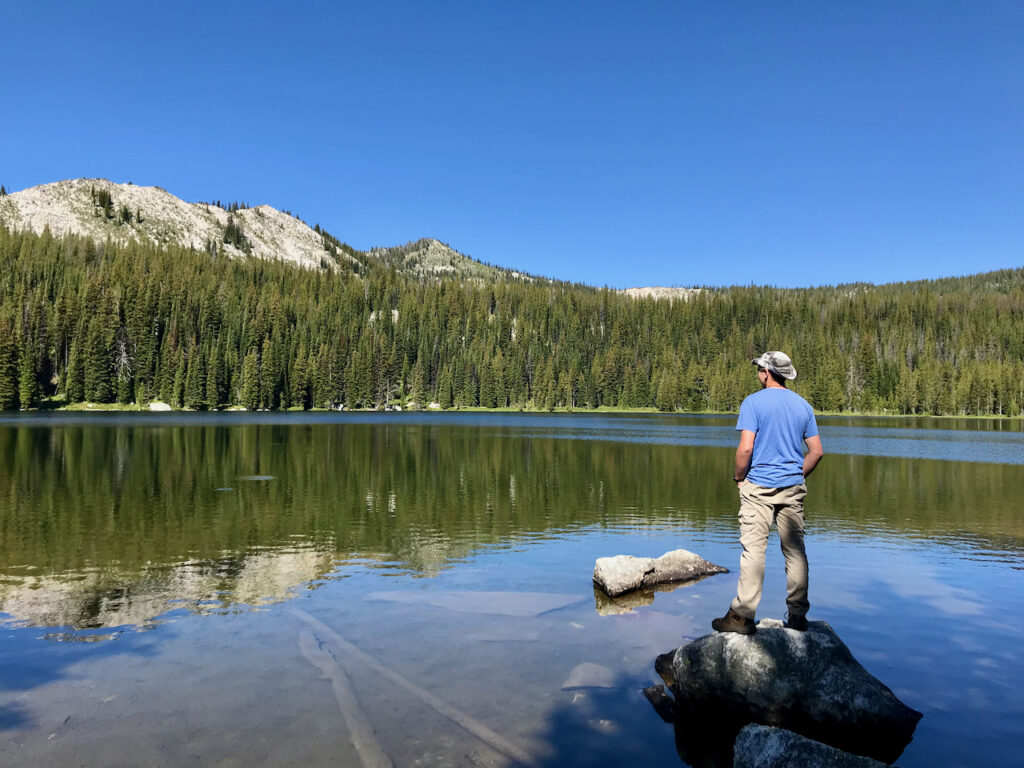
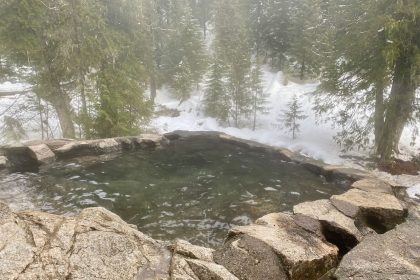
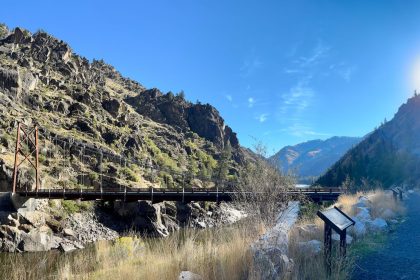
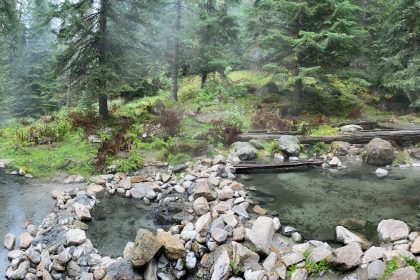
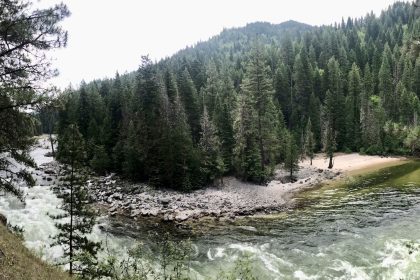
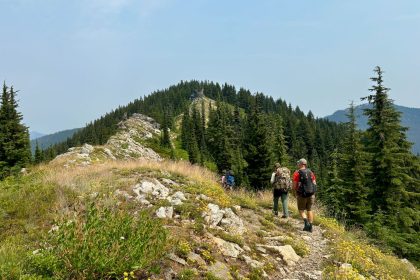
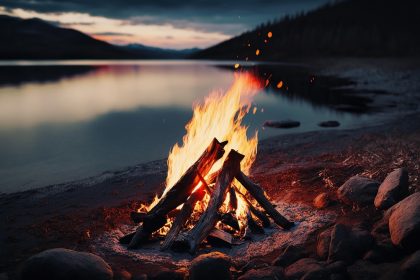
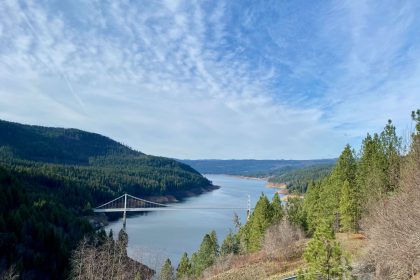
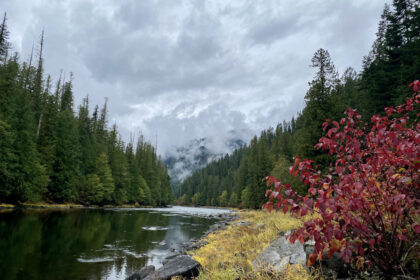
[…] new. Your journey is your opportunity to expand your horizons, but to do so you’ll have to reach the edge of your map and then go just a little bit […]
[…] *Originally published on http://www.ClearwaterTrekker.com […]